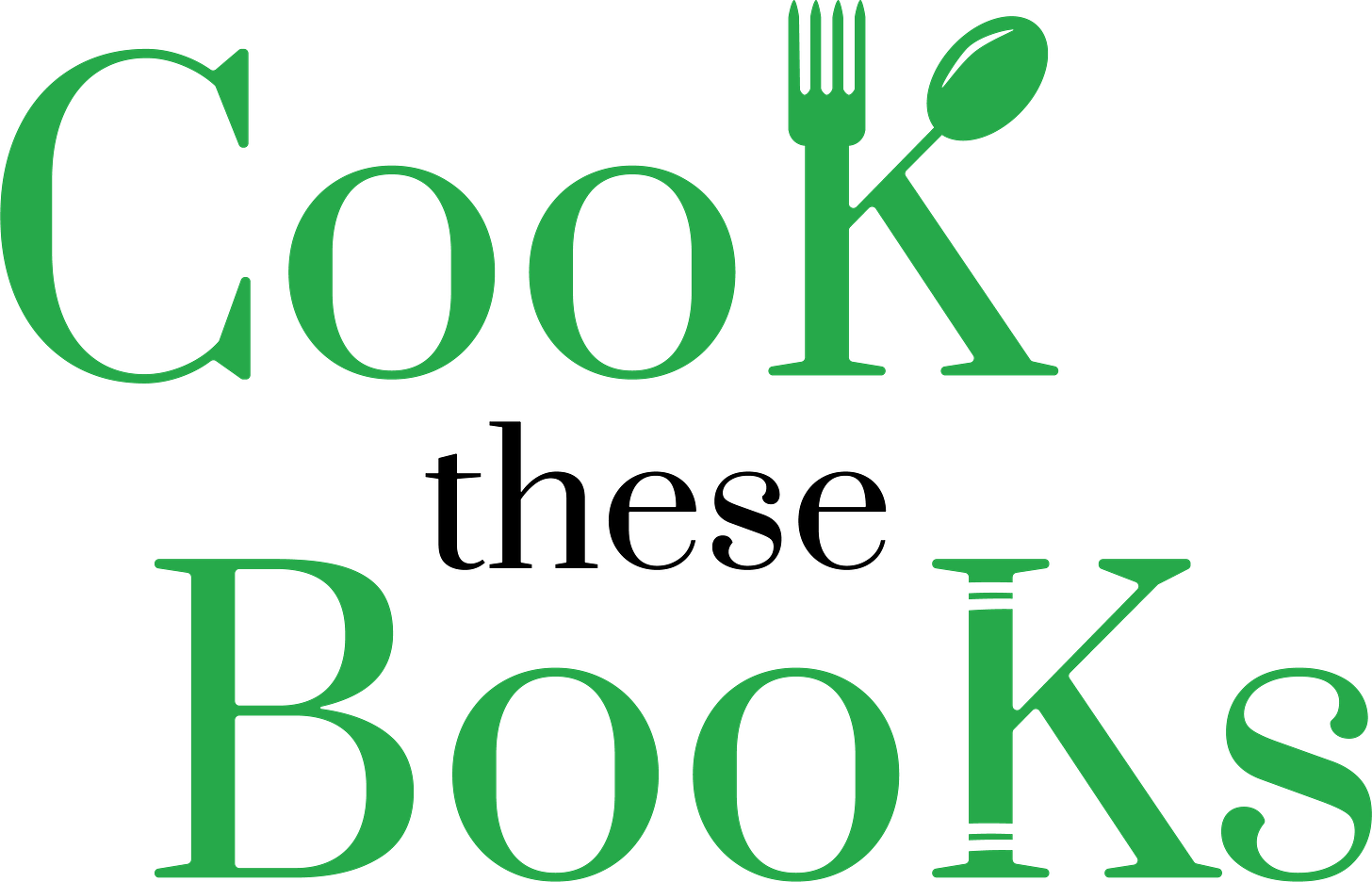Who do I think I am, reviewing others’ cookbooks?
Fair question. I’m the author of two cookbooks of my own, published by St. Martin’s Press, a former food writer, columnist, and reviewer, graduate of what’s now called the Institute of Culinary Education, and former owner of a one-woman baking catering company. I started out as a reporter, editor, and copy editor before focusing on food, then took a detour into editing and writing for a K–12 education firm to pay the bills, but I’ve never stopped missing writing about recipes and the stories behind them.
Moreover, I’m a cookbook user. Some people love to talk about how they read cookbooks like novels. I do, too—so much so that I joined a book club to force myself to read actual novels—but I don’t just peruse them. I cook from them, and I believe in cooking from cookbooks. Of course you can get a recipe for nearly anything online (and I’ll publish some here myself!), but a cookbook’s mere existence suggests a level of reliability for the recipes within. Somebody—somebodies—found it interesting enough, believable enough, trustworthy enough to back it with cash (even if often not much).
So when I put down my own cash, I expect some stuff: clear, lyrical or snappy writing, a good index, readable type for my crummy vision, solid copy editing, and of course, recipes that create food that serenades my palate and my stomach. And streamlined recipes that don’t waste my time with extra steps or a boatload of bowls to wash up.
Some other stuff I want now—though I didn’t always: measurements in cups and grams, because truly every cook should go by weight for precision and ease, especially in baking; as many whole grains and unprocessed ingredients as possible; and recipes constructed with the least amount of sugar required for success.
Some stuff I almost couldn’t care less about: recipe photos (controversial, I know!); celebrity authors—whether of the long-term or 15-minutes-of-TikTok-fame variety; and the trendy ingredient/appliance of the day.
Even without fancy photos, my wants can add up to a tall order. So I keep to my few basic rules of reviewing: test at least two, preferably three, recipes per book; test only from published books, not proofs—because I don’t want to downgrade a book based on a recipe typo that gets fixed before publication; and only punch up. That is, if I test-cook a book by a new or unknown author, and I can’t find much good to say, I’ll let the book go unreviewed. But I won’t shy away from a negative review for established or celebrity authors, or for chefs who put out sloppy tomes.
How do I decide what to review? I have a bias toward baking books, since I’m a much better baker than cook; I find it hard to resist books about pie (the pinnacle of baking and eating!), Southern U.S., Scandinavian, German, Italian, or French cuisine; and I approach books on other regions warily, aware of how little expertise I can claim. I’m not a food purist by any stretch, but I do look for books focused on cooking from scratch, within time and wallet constraints. And while I have cooking school training and professional cooking and writing experience, I still feel like a home cook, albeit one with more than the usual kitchen kit. So I focus on books that speak to home cooks, with the occasional slightly bonkers books for mad/macho/masochistic cooks.
Finally, sometimes I’ll take a look back with a “Cookbook Flashback”—columns about cookbooks I have known and loved, in which I’ll make up for a lack of official recipe testing with my years of unofficial eating.
The Spice of Life
Everything is better with Pepper
Is she mad or is she glad? Yes.





Your philosophy is spot on for me. And although I'm not much into baking, you may make a believer of me -- so long as the calories can be kept under control :)